This was not to be the topic of the week, but two events came together which led me in this direction …
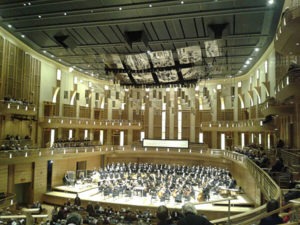 First, as I begin to write this, it’s been just 12 hours since we enjoyed a great performance by the Boston Pops Orchestra under Maestro Keith Lockhart at the beautiful Music Center at Strathmore here in suburban Washington, D. C.
First, as I begin to write this, it’s been just 12 hours since we enjoyed a great performance by the Boston Pops Orchestra under Maestro Keith Lockhart at the beautiful Music Center at Strathmore here in suburban Washington, D. C.
One of the numbers they played – a favorite of mine – dates back to the Arthur Fiedler (whom I had the opportunity to meet on a couple of occasions) days, Richard Rodgers’ “Slaughter On 10th Avenue.” Here’s that Fiedler recording.
And, they also delivered a bang-up arrangement of Abba’s “Dancing Queen!”
The other event relates to the legendary Boston “beautiful music” station, WJIB, for which I was its first music programming director when it took the eastern Massachusetts area by storm beginning on September 15th, 1967 … and brought joy to the hearts of hundreds of thousands of New Englanders for more than 23 years.
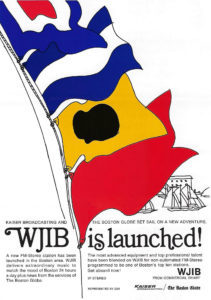 By the way, the picture at the top of this page is of the outer end of Commercial Wharf, which juts out into Boston harbor not far from the historic Faneuil Hall and the New England Aquarium … and was the home of WJIB for all of its 23 years.
By the way, the picture at the top of this page is of the outer end of Commercial Wharf, which juts out into Boston harbor not far from the historic Faneuil Hall and the New England Aquarium … and was the home of WJIB for all of its 23 years.
About 20 years later, when Alicia and I were in Boston in the mid-1980’s, we stopped by the studios for a visit. On hand to greet us were General Manager Charlie Pickering and Program Director Don Nutting, both of whom I knew previously. In fact, Charlie joined WJIB as its Sales Manager early in 1968, and I’d met Don at industry conventions.
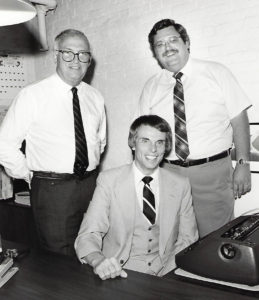 While there, they insisted we have a photo taken of me sitting in my old office … which, with the arrival of cold weather in late 1967, quickly became known as the “walk-in refrigerator.”
While there, they insisted we have a photo taken of me sitting in my old office … which, with the arrival of cold weather in late 1967, quickly became known as the “walk-in refrigerator.”
Now, Warren Schroeger, a WJIB Music Director who followed along sometime after my time there, has devoted many, many hours and tapped many sources to construct a retro version of WJIB’s programming and it’s now available for your listening enjoyment via the Internet by going to JIB on the web.
While there’s fine-tuning still going on and more of those superb selections which made the format what it was still being added … it’s ready for you to tune in and enjoy genuine “beautiful music” programming, 1970’s style – it has Marlin’s approval.
Just a few memories related to my “New England years,” as detailed in Chapter 7 of, “RADIO … My Love, My Passion.”
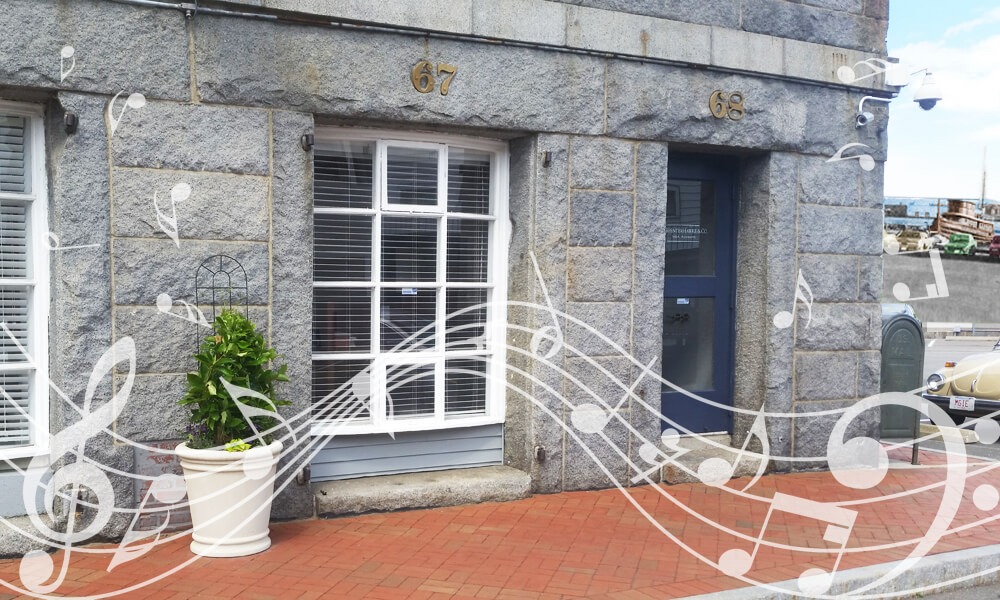

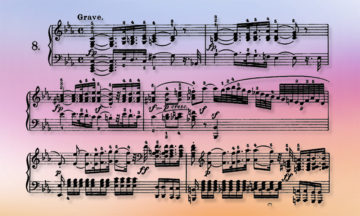
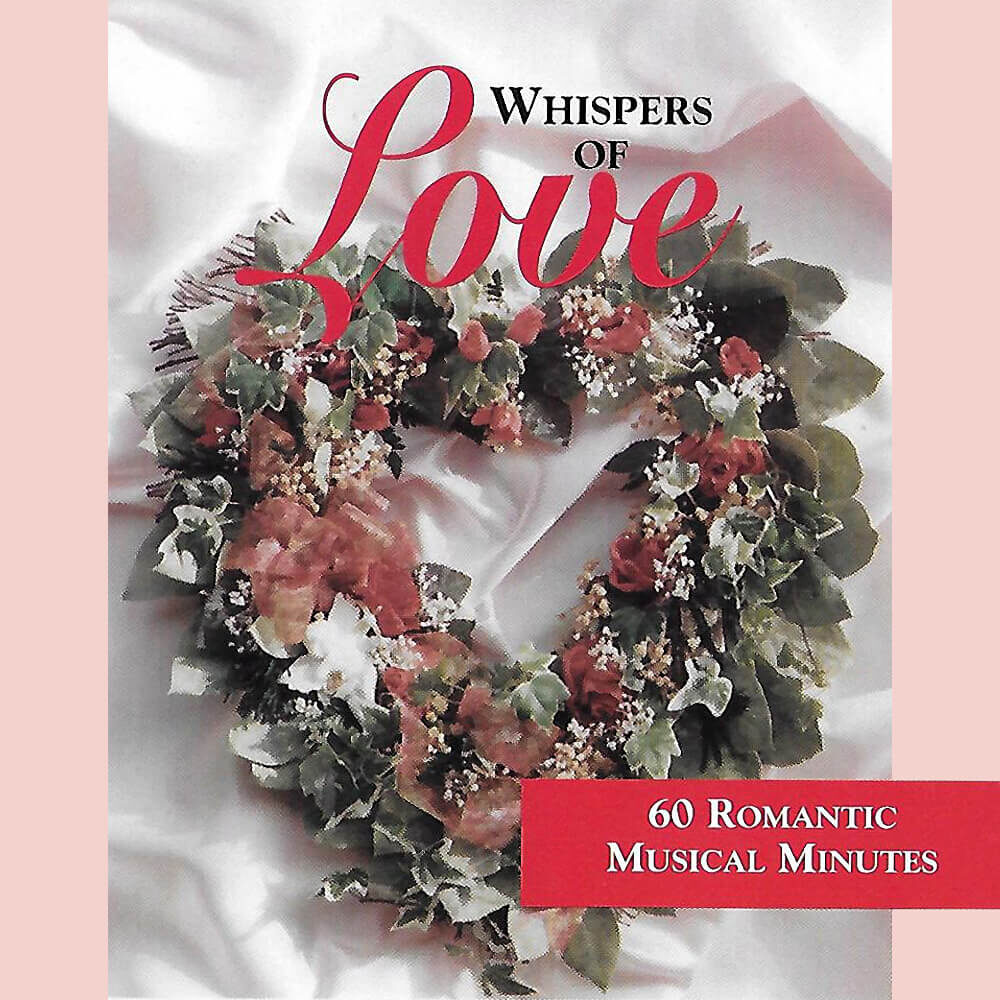
Warren is already doing a great job (or is that ‘jib’?)! I enjoy flipping between his endeavor and Jones College Radio.
Jealous of your concert experience at the Strathmore. Saw Julie Andrews there a few years back and thought the world of the theatre space and acoustics!
How did Jim Schulke and Stereo Radio Productions figure in your work.?
Peter,
After Jim and his partner Bob Richer recognized that WDVR in Philadelphia was the template for achieving ratings success for FM, they sought to find other stations they could rep which programmed in a similar manner and had achieved ratings … they couldn’t find any. By that point, I had joined WJIB in Boston, which took off like a rocket. Shortly thereafter, Jim sent me a Sony tape deck and reels of tape, asking if I would air check WJIB. It was not long after that they announced the launch of their B. M. programming service, following which Jim asked for recommendations on who they should hire as their music director. I could only suggest Phil Stout, whom I had hired and trained four years earlier at WDVR … he later took over when I left for New England.
When I joined WRFM NYC in 1969, I had no thought of doing anything beyond building the station into a Big Apple powerhouse. When this was achieved, Bonneville President Arch Madsen asked that I take over programming the other six Bonneville-owned FM stations … which naturally led into offering our services to stations in other markets.
Sound-wise … from Day One in Philadelphia, I programmed a brighter average tempo and greater variety in arrangement than Jim provided. Jim’s concept was a softer, more background sound … hence causing the typical listener to mentally “tune out” and forget the radio was on. However, when it came to filling out Arbitron diaries, the listeners had to note their radio was on. Bottom line: It would produce higher ratings for the Schulke-programmed stations.